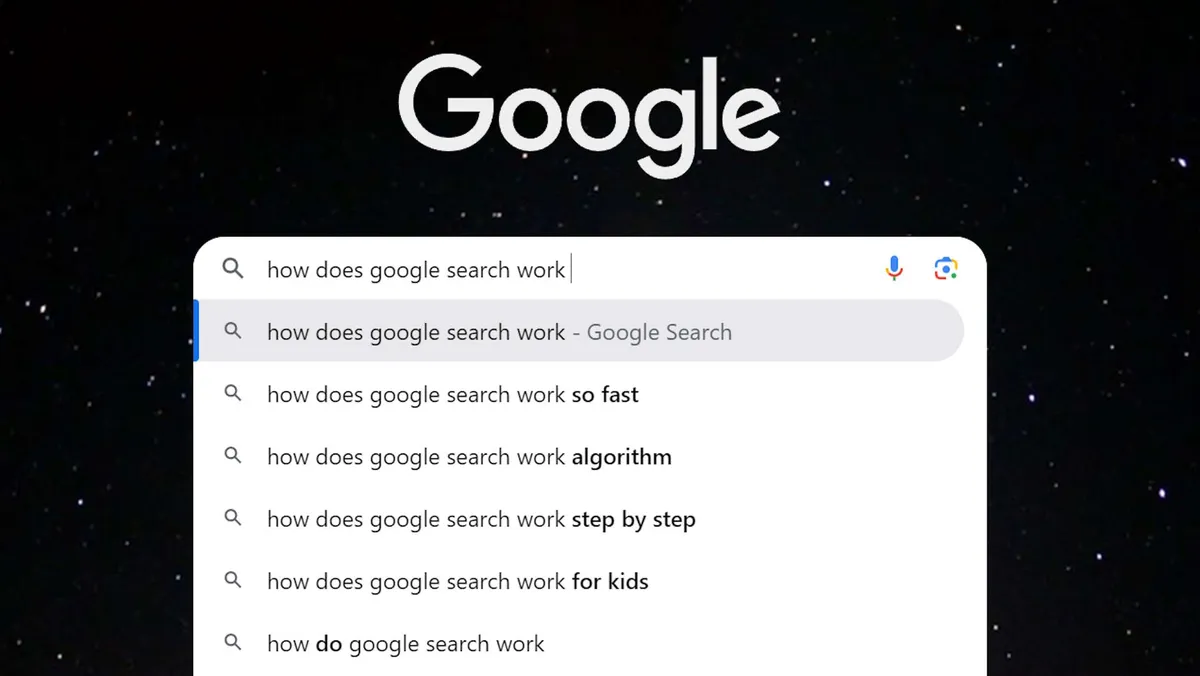As reported by The Verge,
A collection of 2,500 leaked internal documents from Google filled with details about data the company collects is authentic, the company confirmed today. Until now, Google had refused to comment on the materials.
The documents in question detail data that Google is keeping track of, some of which may be used in its closely guarded search ranking algorithm. The documents offer an unprecedented — though still murky — look under the hood of one of the most consequential systems shaping the web.
“We would caution against making inaccurate assumptions about Search based on out-of-context, outdated, or incomplete information,” Google spokesperson Davis Thompson told The Verge in an email. “We’ve shared extensive information about how Search works and the types of factors that our systems weigh, while also working to protect the integrity of our results from manipulation.”
The existence of the leaked material was first outlined by search engine optimization (SEO) experts Rand Fishkin and Mike King, who each published initial analyses of the documents and their contents earlier this week. Google did not respond to The Verge’s multiple requests for comment yesterday about the authenticity of the leak.
The leaked material suggests that Google collects and potentially uses data that company representatives have said does not contribute to ranking webpages in Google Search, like clicks, Chrome user data, and more. The thousands of pages of documents act as a repository of information for Google employees, but it’s not clear what pieces of data detailed are actually used to rank search content — the information could be out of date, used strictly for training purposes, or collected but not used for Search specifically. The documents also do not reveal how different elements are weighted in search, if at all.
Still, the information made public is likely to cause ripples across the search engine optimization (SEO), marketing, and publishing industries. Google is typically highly secretive about how its search algorithm works, but these documents — along with recent testimony in the US Department of Justice antitrust case — have provided more clarity around what signals Google is thinking about when it comes to ranking websites.
The choices Google makes on search have a profound impact on anyone relying on the web for business, from small independent publishers to restaurants to online stores. In turn, an industry of people hoping to crack the code or outsmart the algorithm has cropped up, delivering sometimes conflicting answers. Google’s vagueness and mincing of words has not helped, but the influx of internal documents offers, at least, a sense of what the company dominating the web is thinking.
As reported by The Register,
PayPal will use data from billions of customer transactions to supercharge its nascent ad business.
And it sounds as though it’ll work like this: PayPal will provide ways for businesses to advertise online – on websites and in apps – and use the information PayPal knows about people – their transactions, purchasing histories, etc – to target them specifically.
The new PayPal Ads group is headed by recent hire Mark Grether, a senior vice president and GM at PayPal, who says the budding advertising operation will “help make merchants smarter to sell more products and services effectively, as well as enable consumers to discover more of what they love.” But, his reported statement doesn’t really dwell on the fact that it will be using customer data, including purchase history, to pull this off.
For a sense of potential scope, consider this: In 2023, PayPal processed around 25 billion transactions, and has been growing its volume steadily year over year. In addition to the main PayPal platform, it also operates cash transfer app Venmo and Honey, a browser extension designed to find deals online.
“If you’re someone who’s buying products on the web, we know who is buying the products where, and we can leverage the data,” Grether is quoted as saying. The report also mentions that Venmo will see fewer ads served in order to not drive off its younger users.
AI is also playing a part in PayPal Ads via its Advanced Offers Platform, which boasts “nearly half a trillion dollars of transaction data analyzed with AI.” Advanced Offers was introduced back in January, it allows businesses to offer discounts and other promotions to users based on their spending histories, and is now reportedly going through a trial run at eBay.
The business of delivering the right ads to the right users is becoming increasingly reliant on collecting user data via different sources, and can be so robust that, for example, checking out audio books at the library can result in different ads being shown almost immediately. PayPal’s data on users’ purchases and other transactions, combined with AI, might prove to be great at advertising, though probably to the consternation and frustration of recipients.
As reported by Reuters,
TikTok is working on a clone of its recommendation algorithm for its 170 million U.S. users that may result in a version that operates independently of its Chinese parent and be more palatable to American lawmakers who want to ban it, according to sources with direct knowledge of the efforts.
The work on splitting the source code ordered by TikTok’s Chinese parent ByteDance late last year predated a bill to force a sale of TikTok’s U.S. operations that began gaining steam in Congress this year. The bill was signed into law in April.
The sources, who were granted anonymity because they are not authorized to speak publicly about the short-form video sharing app, said that once the code is split, it could lay the groundwork for a divestiture of the U.S. assets, although there are no current plans to do so.
The company has previously said it had no plans to sell the U.S. assets and such a move would be impossible.
TikTok initially declined to comment. After the publication of this story, TikTok in a posting on Twitter, said “The Reuters story published today is misleading and factually inaccurate,” without specifying what was inaccurate.
TikTok also posted a passage from its federal lawsuit: “the ‘qualified divestiture’ demanded by the Act to allow TikTok to continue operating in the United States is simply not possible: not commercially, not technologically, not legally. And certainly not on the 270-day timeline required by the Act.”
“We stand by our reporting,” a Reuters spokesperson said.
TikTok and its Chinese parent company ByteDance sued in U.S. federal court in May, seeking to block the law forcing a sale or ban of the app by Jan. 19. A U.S. appeals court on Tuesday set a fast-track schedule to consider the legal challenges to the new law.

As reported by Android Authority,
Spotify has confirmed it will issue refunds for its discontinued in-car streaming device, Car Thing. The company announced last week that the device will become non-functional starting December 9, 2024, a decision that will leave many users with bricked gadgets and considerable frustration.
Car Thing, Spotify’s dedicated music streaming device, gained popularity among a dedicated fanbase but was discontinued soon after its launch. Spotify assured users at the time that the device would remain operational, making the news of its impending deactivation in December 2024 even more of a bummer.
Spotify communicated the discontinuation news to customers via email and an update on its support page. Spotify’s suggestion to reset and safely dispose of the device further added to the frustration. Many Car Thing owners expressed their dissatisfaction through various platforms, including X (formerly Twitter) and Reddit, seeking direct communication with Spotify.
However, in response to user complaints, Spotify recently confirmed to TechCrunch that it has initiated a refund process for Car Thing, provided users have proof of purchase. The publication also reports that some users were offered several months of Premium subscription as compensation, while others were told the company wouldn’t be providing any reimbursements.
Of course, there’s also a bit of legal drama in the mix. A lawsuit has already been filed against Spotify, alleging that the company misled consumers by selling a product that would soon become unusable.
The refund initiative aims to address some of these concerns, but many users are still pleading with Spotify through social media channels to avoid bricking their devices. Spotify could have mitigated the impact by opening up the software to allow for the installation of different operating systems or apps, which would at least prevent the devices from becoming garbage.
The Car Thing episode serves as a cautionary tale about the risks associated with investing in hardware products from companies primarily focused on software and services.

